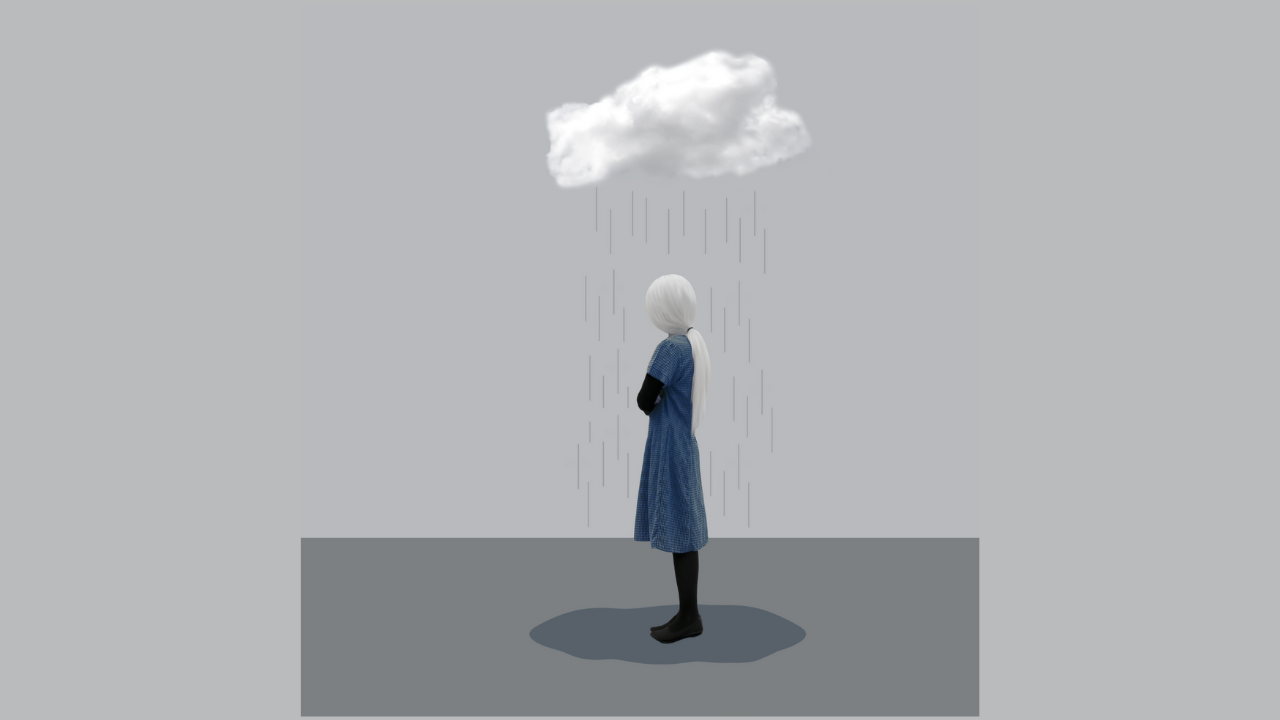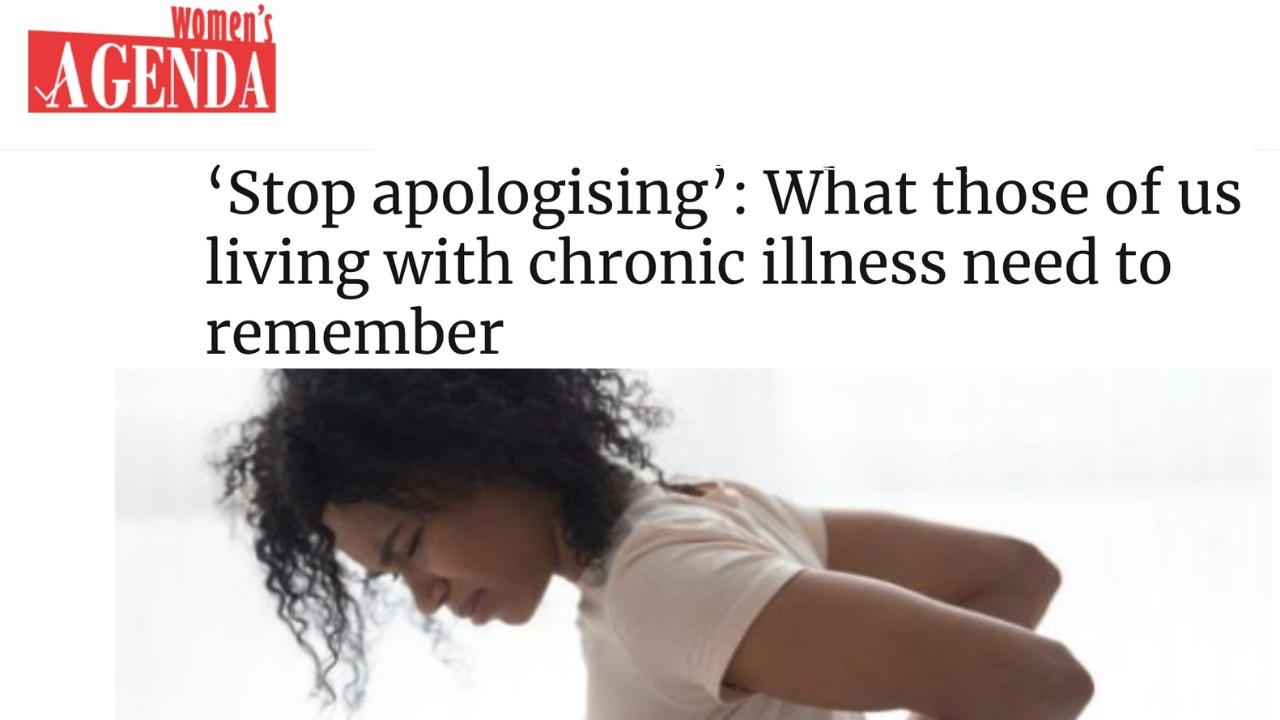Read: Chronic Illness - How to ask for help with ease

When you live with chronic illness asking for help is often the last thing you want to do. And it’s the hard thing we all have to do. It took me a long time to work out how to do it in an empowering way - confidently, clearly and without apologising for needing help.
Like most of us, I love my independence and take great pride at being able to do things myself - even when faced with really difficult circumstances. But when I have acute symptoms and am literally confined to bed, sometimes for months at a time - there is no way I can do even small tasks for myself (groceries, washing, getting to medical appointments).So I have to ask for help from those around me.
Is it always perfect? Absolutely not.
Have I “fired” some people from helping? Yes, I have.
Can I now confidently ask for help without apologising? You betcha.
Here are top 3 strategies for how to ask for help with ease:
- Start small and ask early.
- Be specific about exactly what you need and how you like things to be done.
- Allow the support to land in your nervous system.
Start small
Firstly start small - this is actually for your benefit not everyone else's. You have to build up the capacity to ask for help with ease. So start with something low stakes. Practise by asking someone to bring you a glass of water - at home, at a cafe, or even at a medical appointment. If you are in the grocery store, ask someone to pass you something from the high shelf. Yes you could get it yourself, but you could also just practise and ask someone taller to pass it down to you.
Ask early
We can have a lot of old stories about why people won't help and what it will cost us if they do. In my family asking for help is seen as shameful and makes you a burden to others. In the past this meant by the time I asked for help (because there just wasn't a way I could do it on my own) I usually had a backlog of needs and was emotionally overwhelmed. And this is why we get so frightened, because we leave it too long before we ask and the stakes become higher and higher. And quite frankly we exhaust ourselves (and often the other person). But if we had help with the small things, early, then we can conserve our energy both physically and emotionally. Plus we get used to receiving, in small bite size pieces.
Be specific
Most people don’t know how to help, so what they do instead is make what I call a lot of “offers.” Essentially they are trying to guess what you need because they don’t have enough information. So they fill in the gaps by imaging what would help. And, as you already know from experience, it’s exhausting fending off “offers”.
So while it may feel edgy, start to get specific.
“I’d like a glass of tap water and a coaster please.”
“Vertigo makes it hard for me to walk, so if we can’t find a park close to the entrance could you let me out there anyway.”
You might be surprised at how much easier things become when you are specific about what you need, when and how.
Let the support land
This is where your confidence starts to build. When you start practising - notice how you feel. Do you feel anxious or even guilty? What if you could feel happy?
When someone does the thing - practice receiving. Let their generosity wash over you. And thank them. You'd be surprised how often we get so caught up in our feelings that we don't let the genuine support 'land' in our nervous system. When it lands, then respond from your heart with a happy thank you.
Now, I know what you are thinking. Not everyone is going to do what you ask, and even those that do may do it begrudgingly. Fine - so you are learning about humans. You took a risk with that person and you caught them on a day when they were tired, overworked or not feeling happy in the world themselves. But you might also be surprised. You might risk asking for help from someone you think won't. And then they are gracious and happy. And when you genuinely thank them, you might make their day.
Keep going
For me, as hard as chronic illness has been, learning to ask for and receive help in an empowered way has created such joy in my life. It has truly transformed my relationships with others. And make no mistake, this is a skill and you can learn it. And that's why I encourage you to practise gently, early and often!




